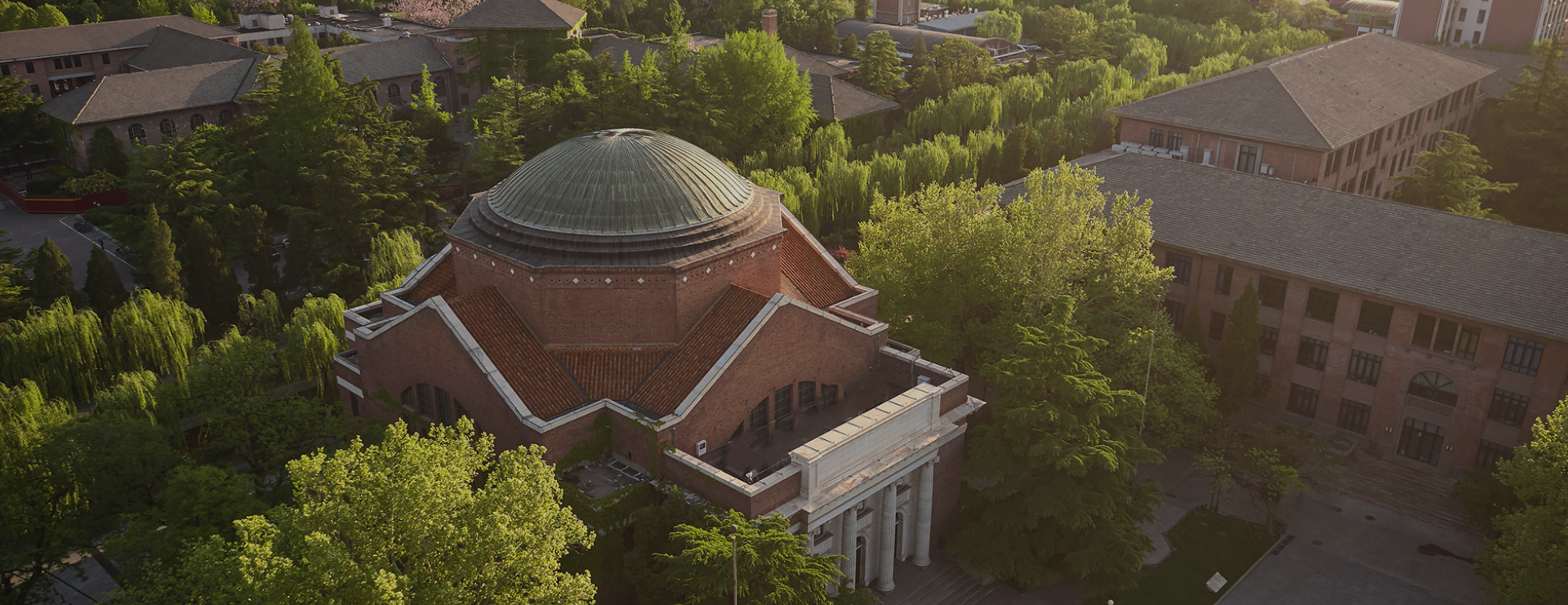Chinese scientists have discovered a drug cocktail capable of converting a certain type of stem cell into a much more potent version that has the potential to grow into a complete organism on its own, according to a study published in the latest issue of the journal Nature this week.
Experts said the discovery of this "elixir of life", which involves three main ingredients, has paved the way for scientists to explore the complex process of how an organism develops from the earliest stages of life. This is critical for stem cell research, regenerative medicine, and preserving critically endangered organisms.
However, they also warned that such technology, though still in its infancy, may yield controversial applications in the future as it lays the theoretical groundwork to replicate an existing organism without using reproductive cells like sperm and eggs.
In the study, scientists from Tsinghua University found a combination of small molecular compounds that can turn pluripotent stem cells from a laboratory mouse into an upgraded version called totipotent stem cells.
The drug cocktail, named TAW, contains the chemicals TTNPB,1-Azakenpaullone and WS6. Researchers cultured mouse pluripotent stem cells in petri dishes containing TAW and created totipotent stem cells that retained their signature characteristics measured via a variety of thorough and stringent test criteria.
A totipotent stem cell is an embryonic cell formed within the very early phases of cell division after fertilization. It is the most versatile stem cell as it can differentiate into any cell in the body, as well as cells that make up the placental tissues and fetal membranes, which exist outside of the embryo. As a result, the totipotent stem cell is commonly regarded as the "seed of life".
Pluripotent stem cells are differentiated from totipotent cells during the later stages of development, hence they lose some of their versatility but remain capable of turning into any cell types that make up the body.
"Normally after totipotent cells, none of the other stem cells have the possibility to turn into a life on their own," said Ding Sheng, the corresponding author of the study and dean of the university's School of Pharmaceutical Sciences.
Ding said the biggest significance of the study is proving that life doesn't always need to originate from germline cells-the cells that sexually reproducing organisms use to pass on their genomes from one generation to the next. Finding an alternative to nature's way of creating the beginning of life, represented by the making of totipotent stem cells, is considered the "holy grail of biology", Ding said.
In the past, scientists successfully turned somatic cells, any cell in the body other than sperm and eggs, into pluripotent stem cells. That discovery formed the basis of stem cell-based regenerative medicine, and later was awarded the 2012 Nobel Prize in Physiology or Medicine.
Now, scientists are one step closer to creating and understanding life, albeit only in terms of a lab mouse. However, Ding said his team is highly aware of the potential philosophical and ethical ramifications of their work.
Ding said his research is conducted according to rigorous ethical standards, but society's ethical concerns are constantly evolving. Therefore, it is scientists' duty to focus on providing knowledge and tools for future generations to make informed decisions regarding the ethical boundaries of groundbreaking technology, he added.
Chinese scientists have made great strides in stem cell research this year, with the journal Nature publishing a study by the Chinese Academy of Sciences in March, followed by another from Peking University in April.
The March study rolled back human pluripotent stem cells to an eight-cell embryo-like stage, taking a step closer to becoming totipotent stem cells. The April study used chemicals to reprogram human somatic cells to pluripotent stem cells.
A Shanghai-based microbiologist, who requested anonymity and was not involved in the study, said although the latest discovery was based on mouse stem cells, it is still a major milestone because it has pushed this type of research to the earliest stages of life, and also proved that totipotent stem cells created through chemical induction can exist in a stable condition.
Zhai Xiaomei, a noted bioethicist at the Chinese Academy of Medical Sciences, who was not involved in the study, said the experiment by Tsinghua University was done using a lab mouse with the intention of pushing the envelope of basic sciences. Therefore, its ethical risk was low and could be well managed.
Biomedicine experiments may pose social and ethical concerns, but scientists are permitted some degree of freedom within ethical regulatory guidelines in order to explore new frontiers, she said.
"If scientists can turn human somatic cells into totipotent stem cells, it will revolutionize medicine," she added.
Editor: Guo Lili

